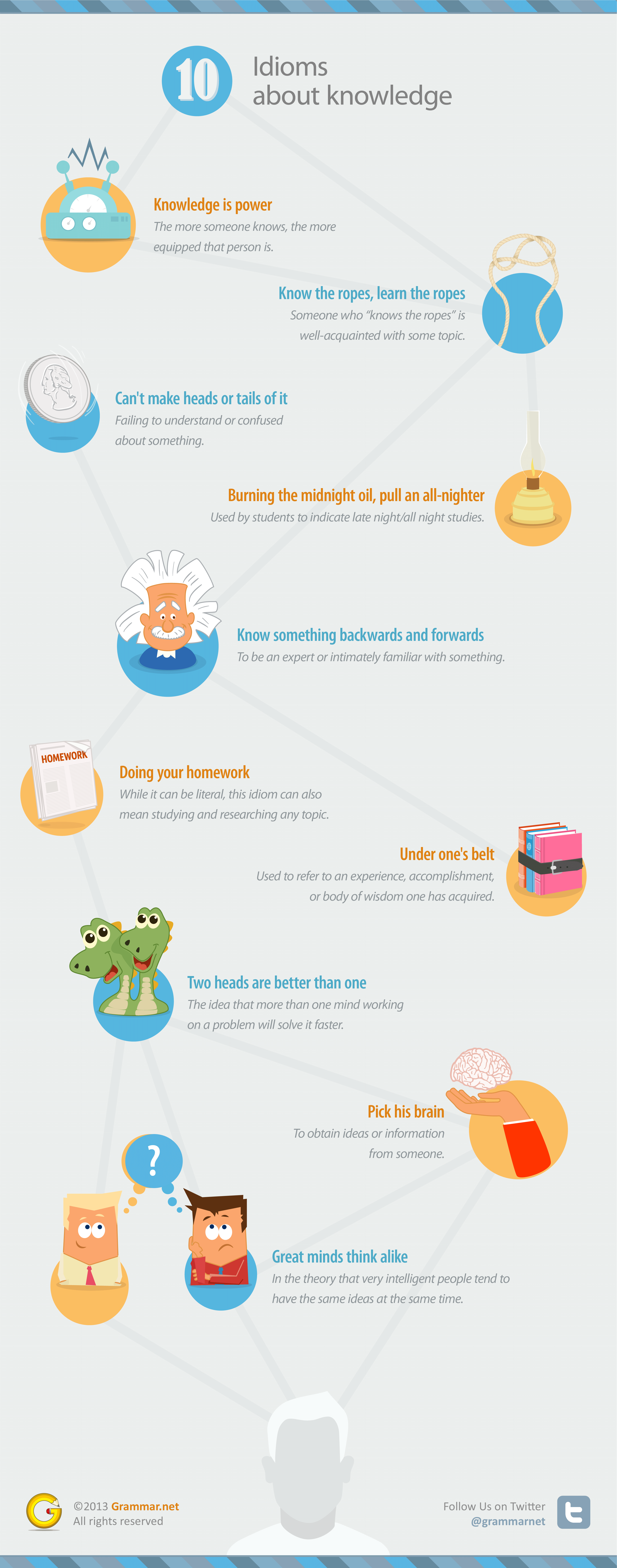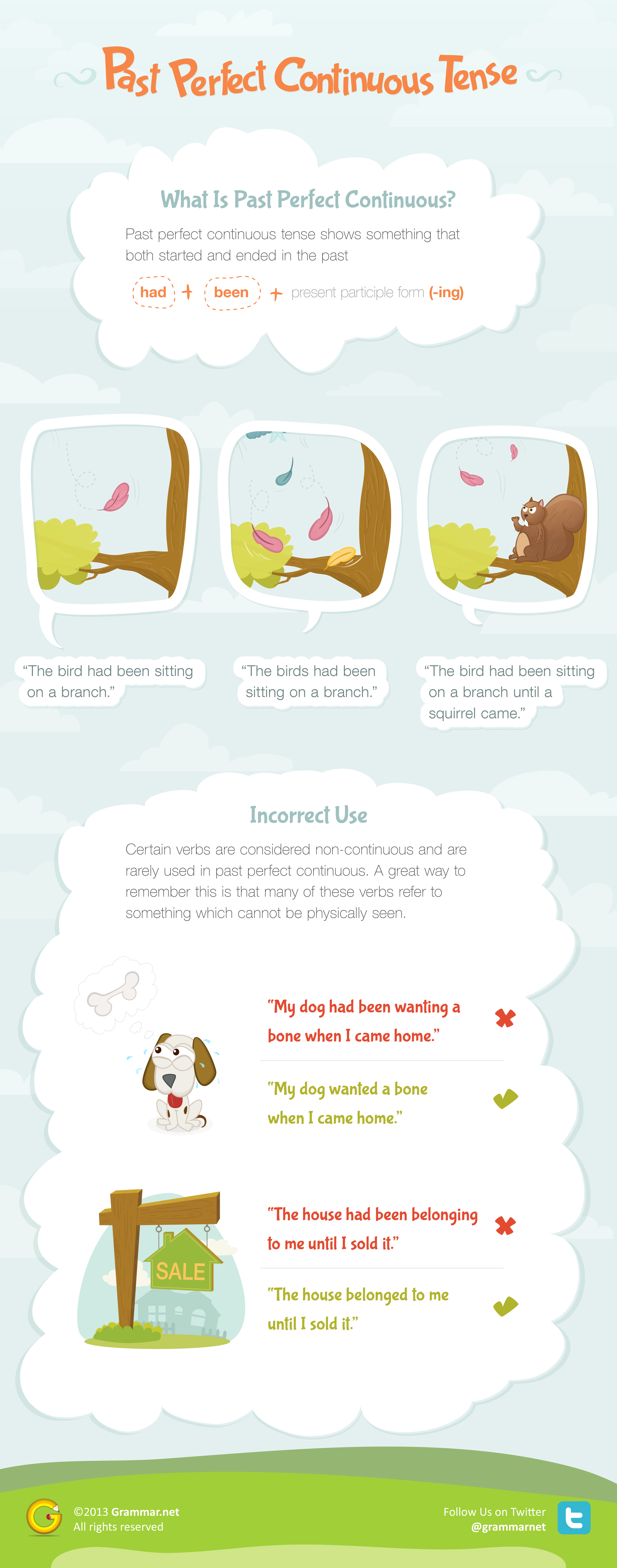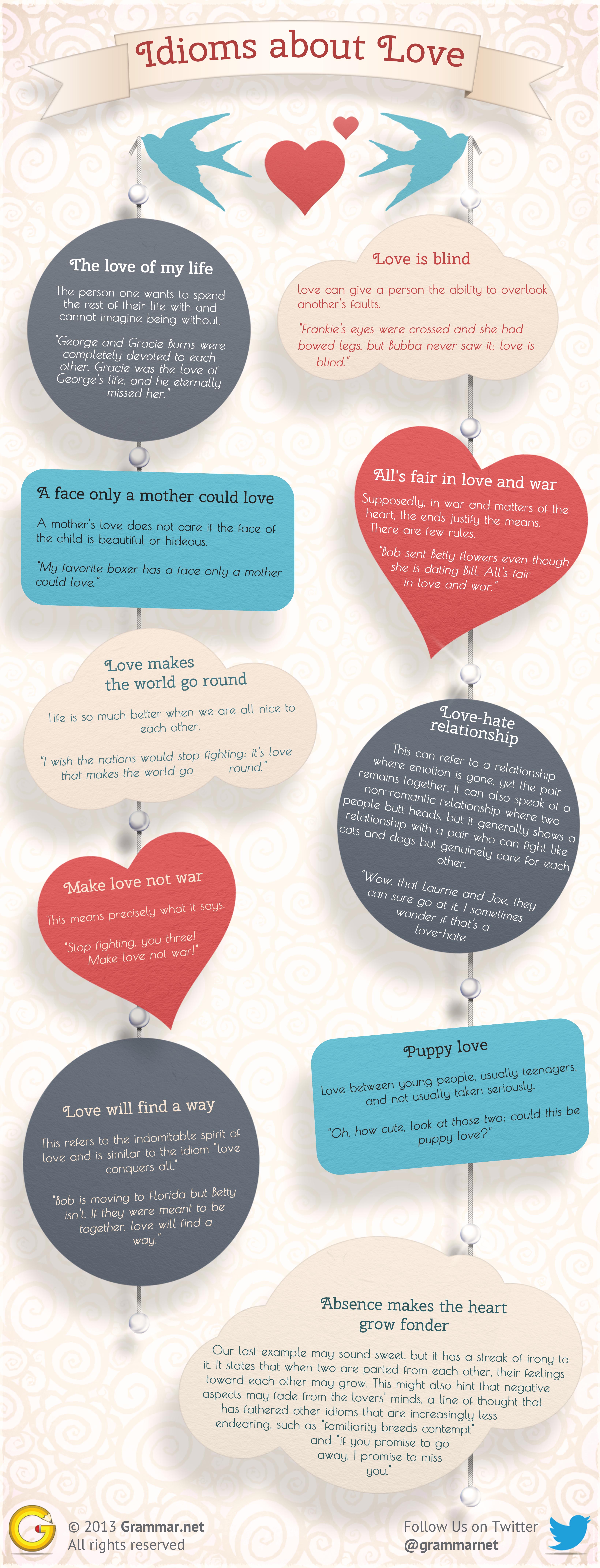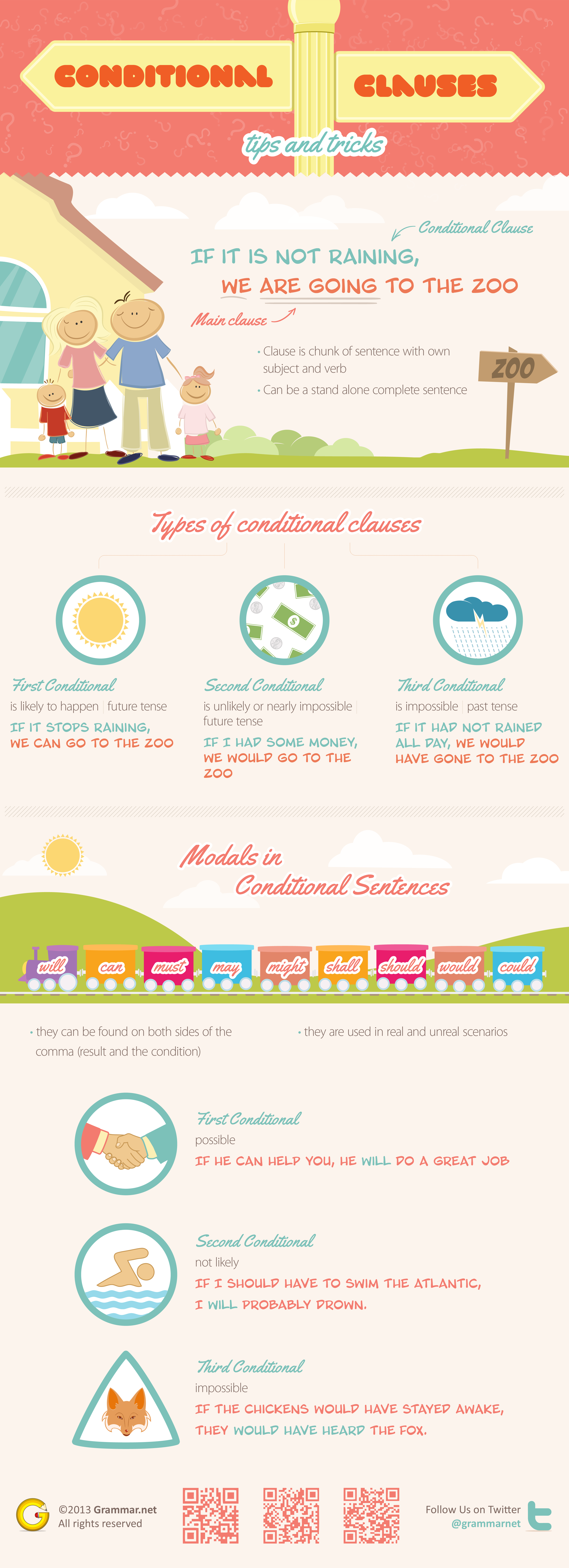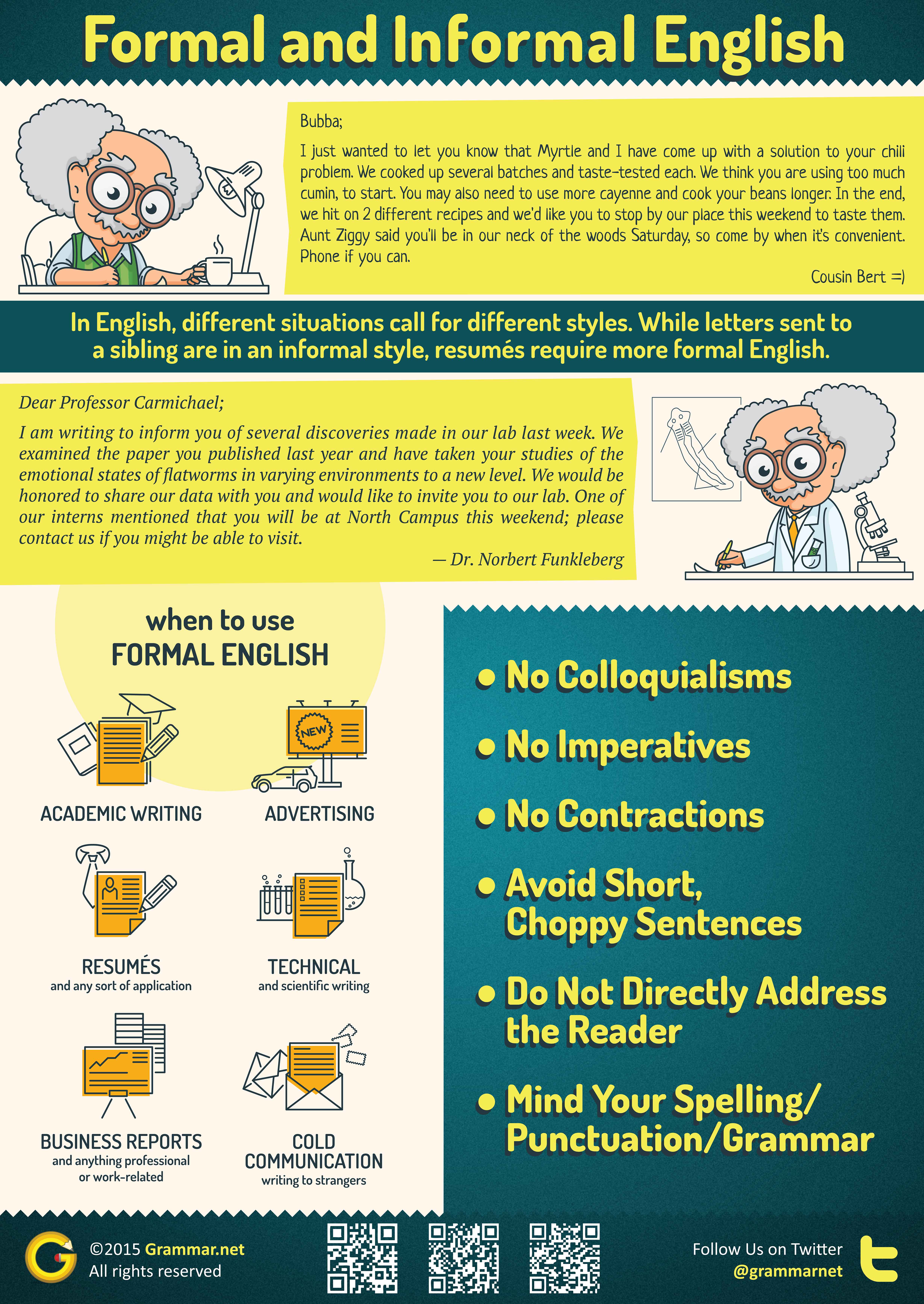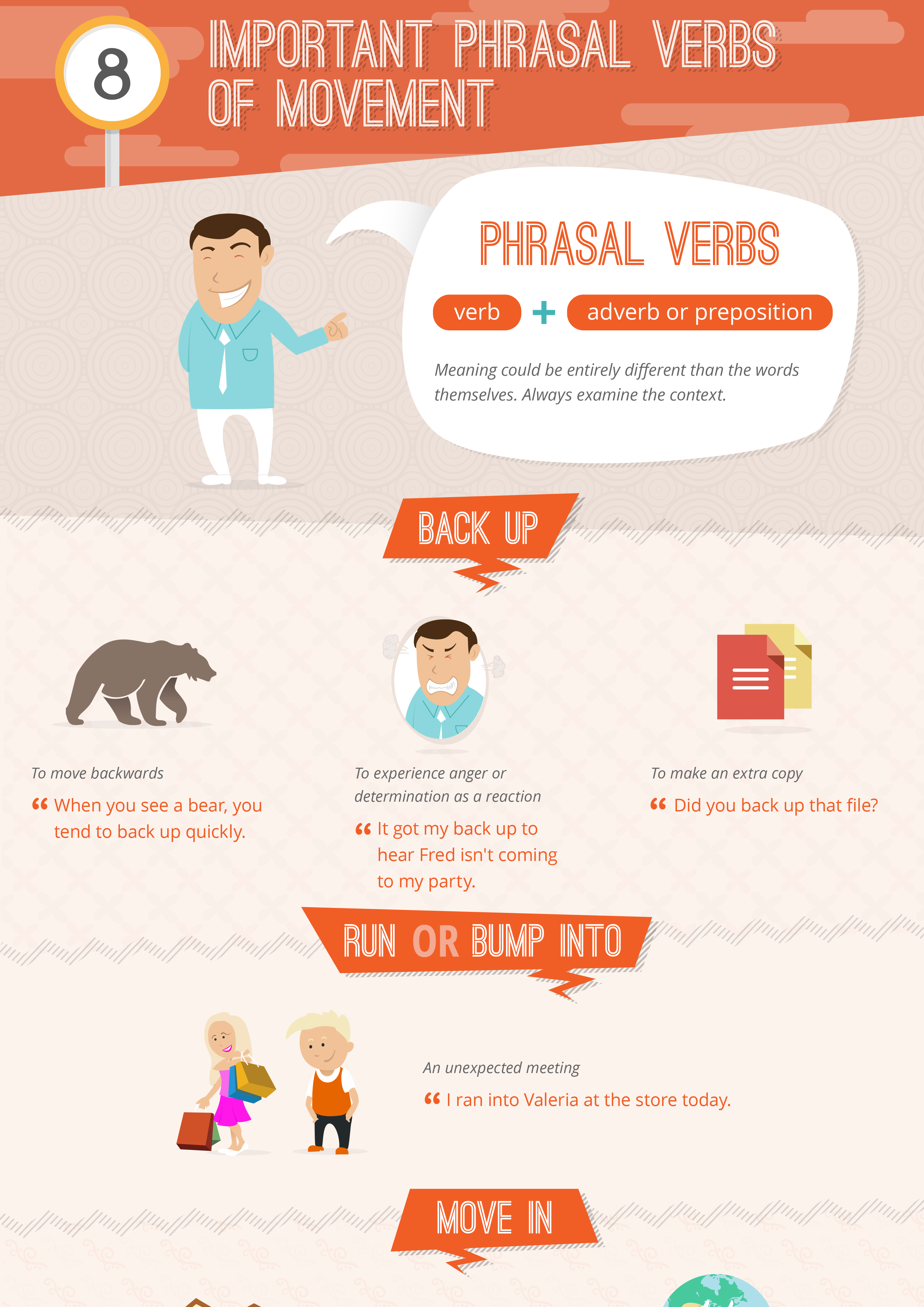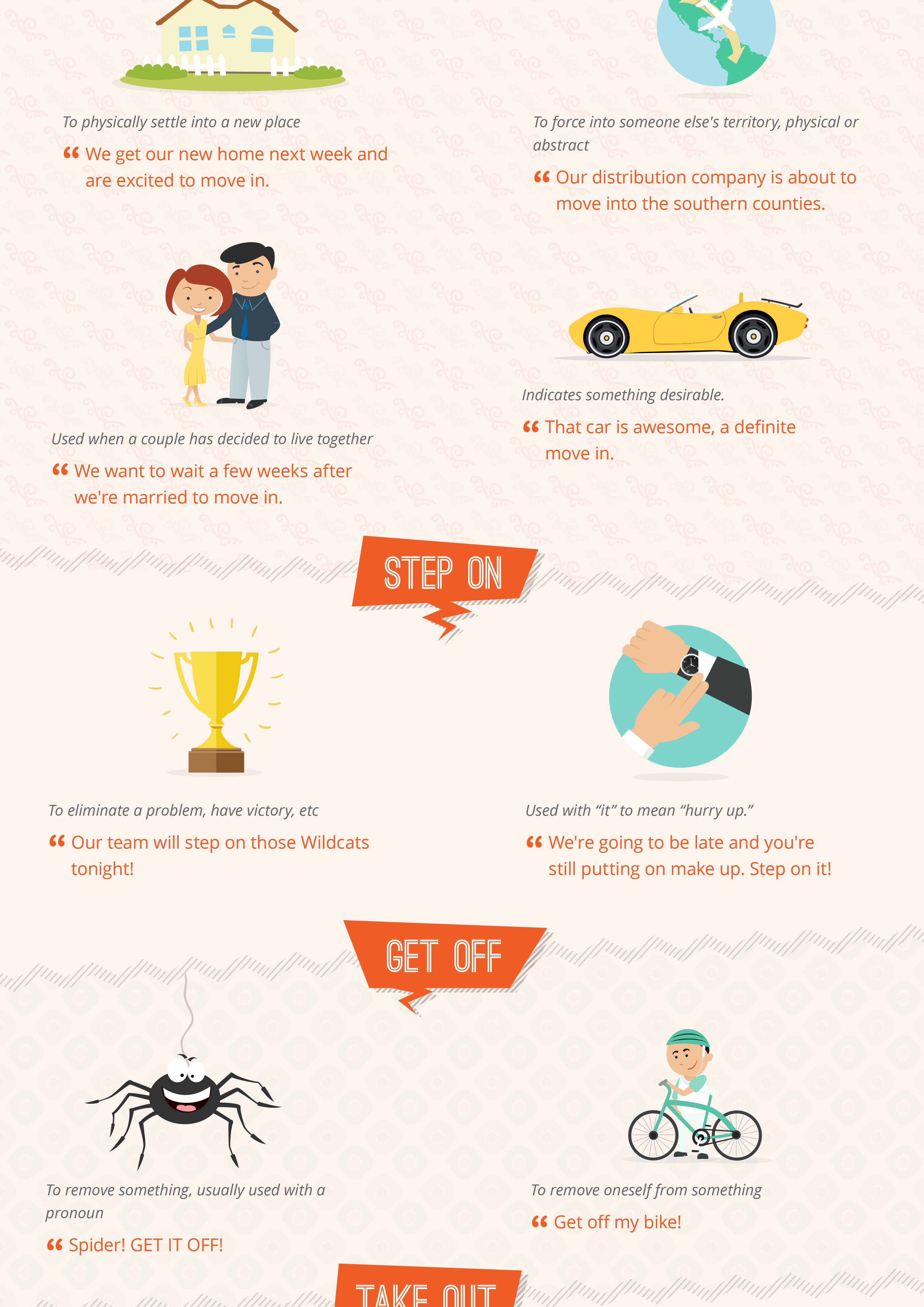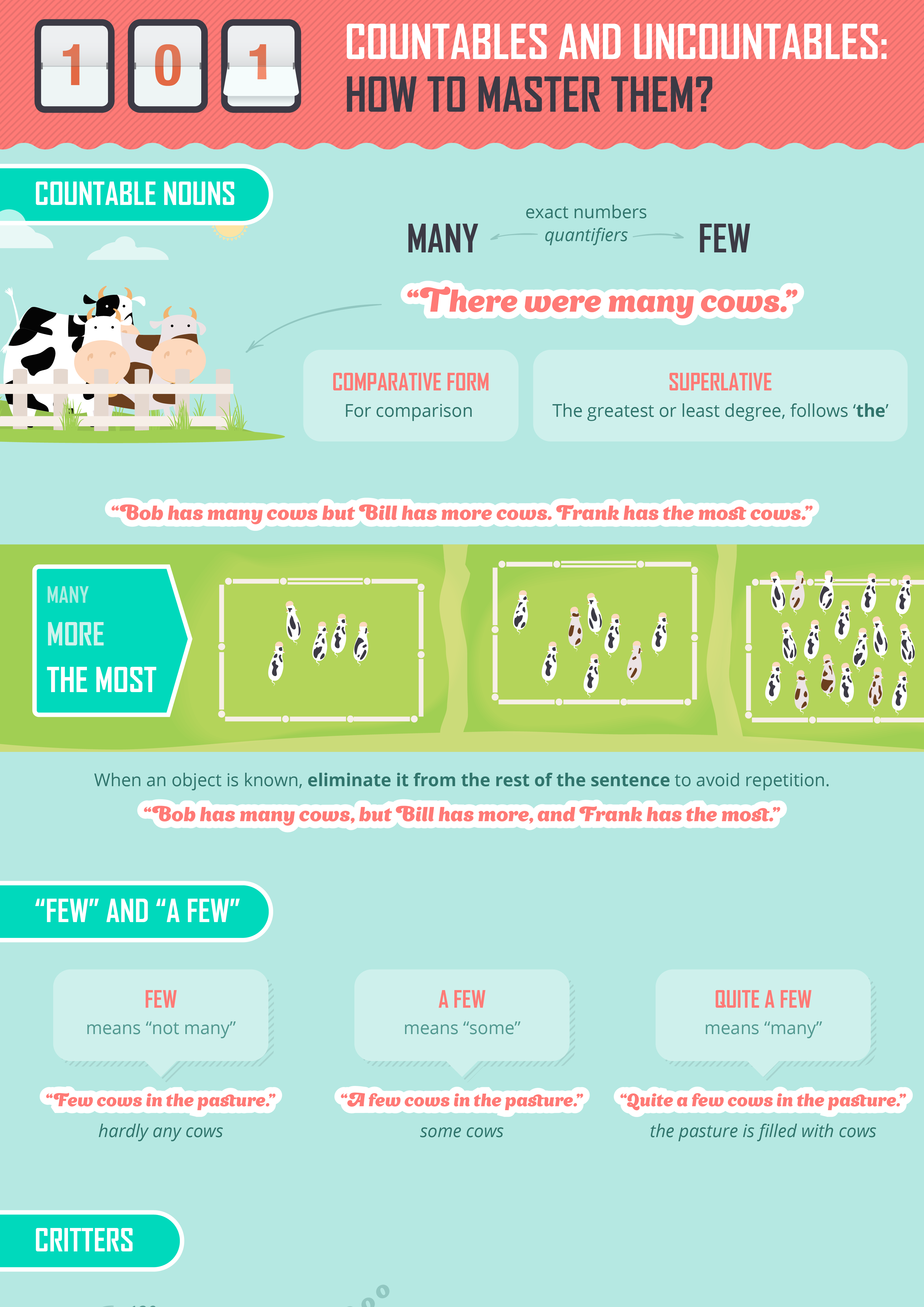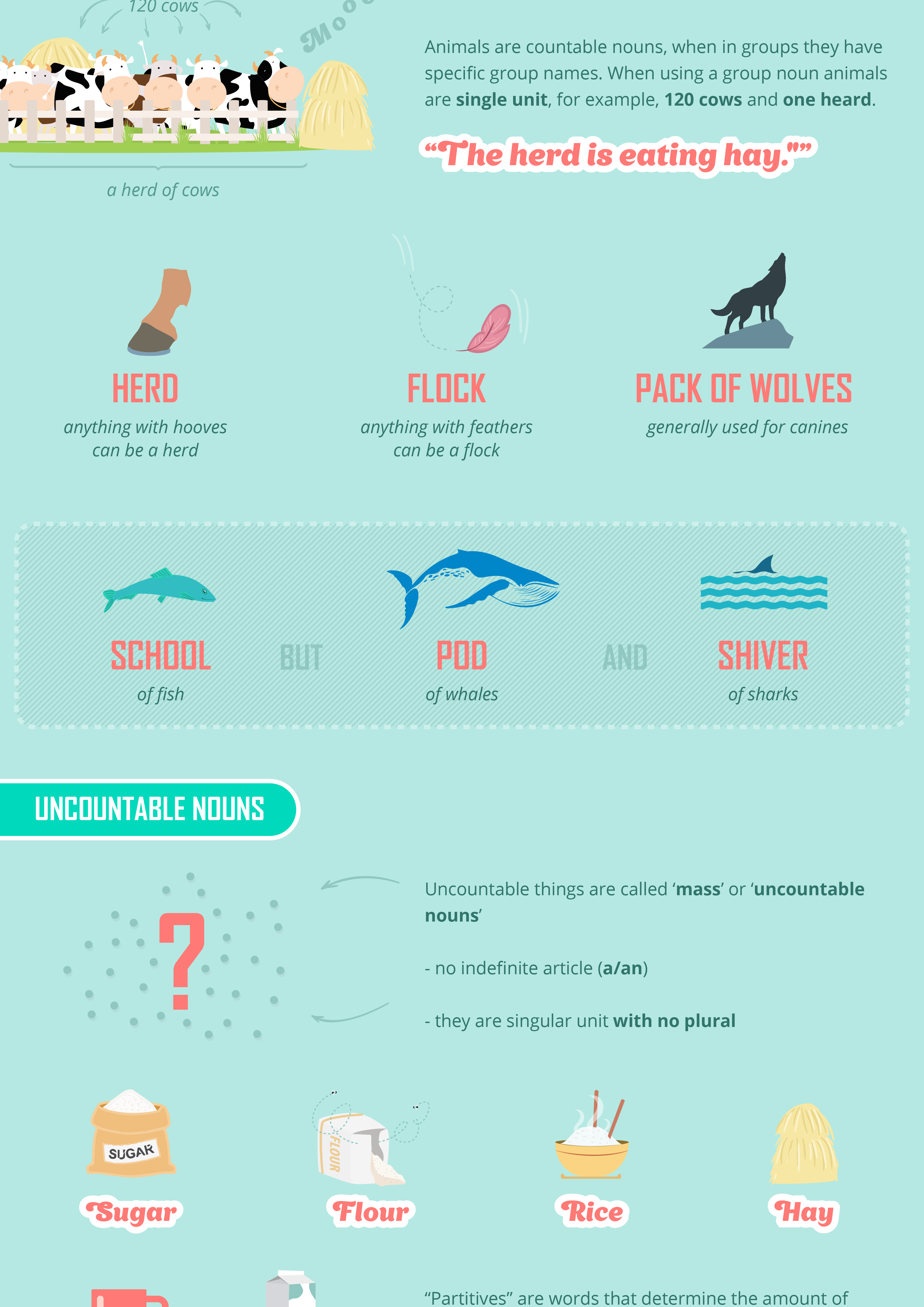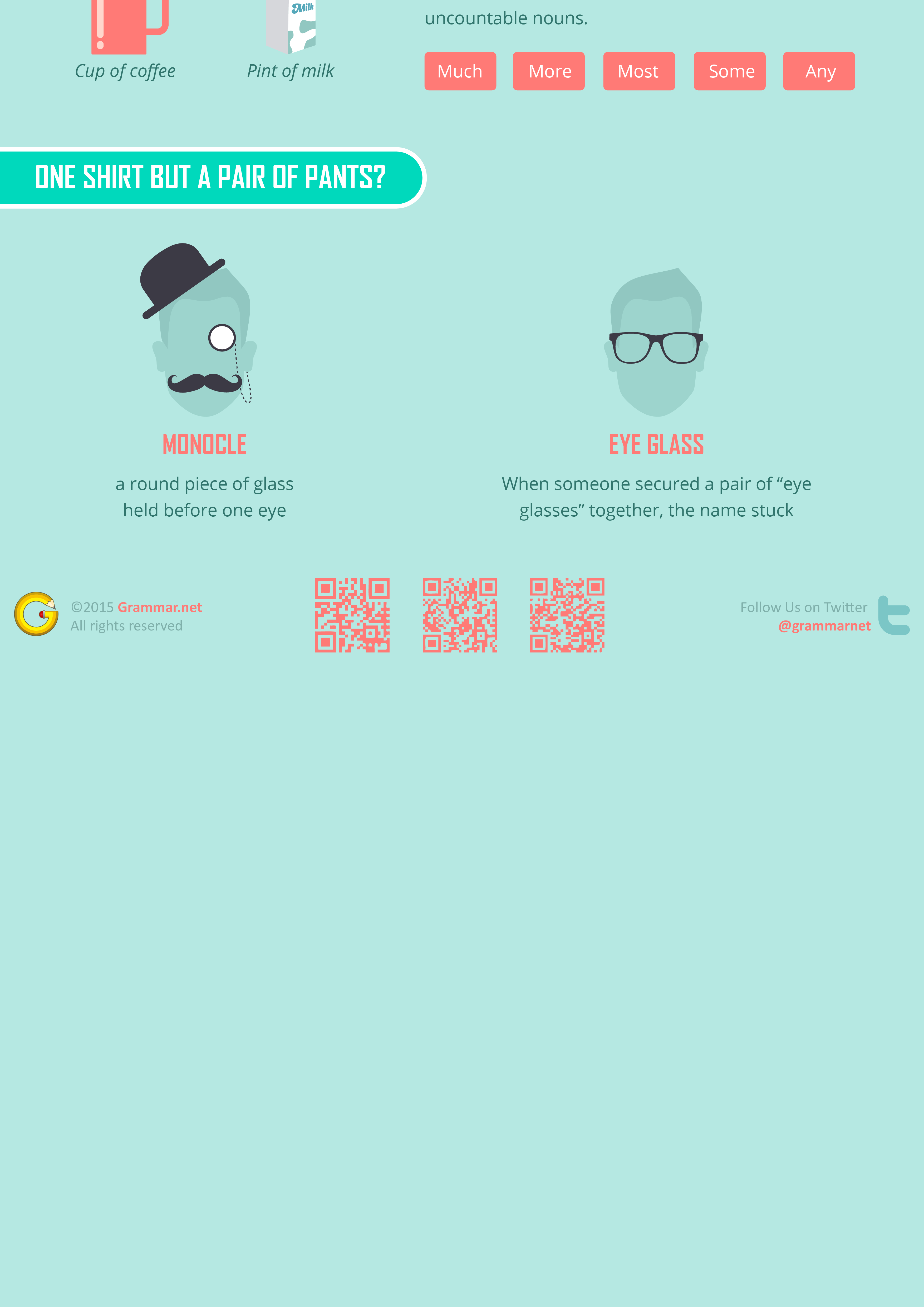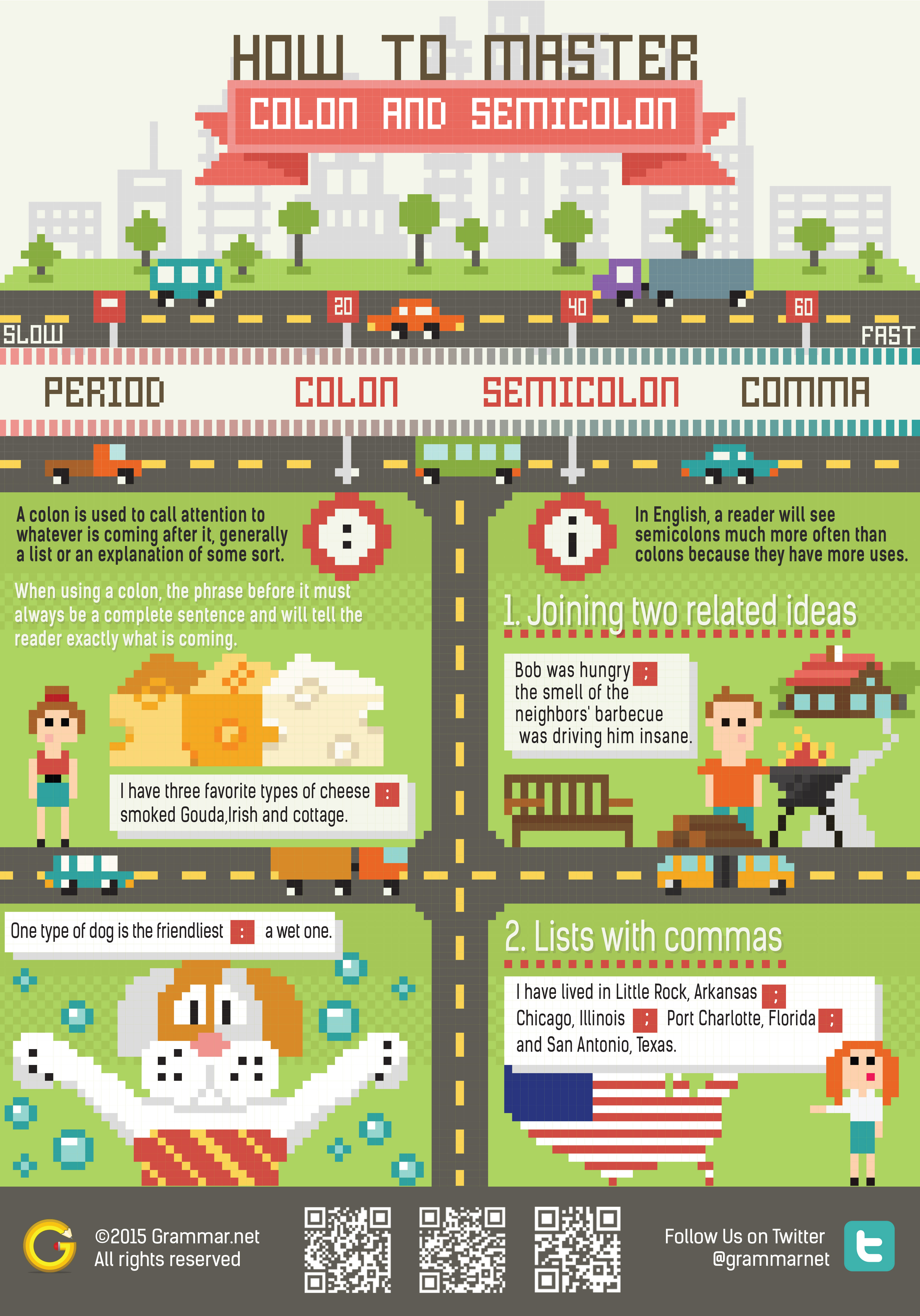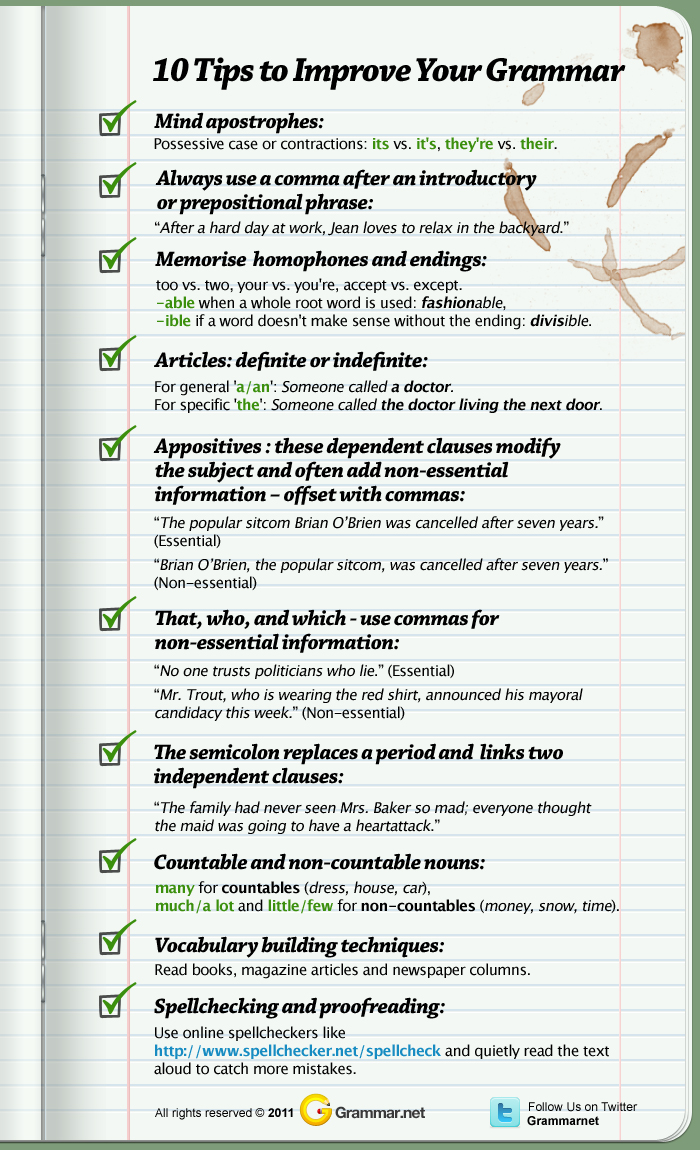Free education for All
In this Blog, You will a Range of materials from better: Writing, Reading, Book Reviews, improving Your English and other Subjects, etc.
Monday, July 31, 2017
Saturday, July 22, 2017
Friday, July 21, 2017
Monday, July 17, 2017
What is Your Myers Briggs personality types?
Human beings enjoy categorizing things. Its helps our understanding between things or concepts that seems unrelated. As well as creating initial connections that built up relationships.
Its no surprise that personality quizzes are so popular than. Although majority of them are inaccurate or some-what true at best. The Myers Briggs test however, as gained much popularity as an insightful and accurate characterization of human-beings.
Created by Isabel Briggs Myers and her mother Katherine. The test is based on the Carl Jung's psychological types, which categorize individuals into one of sixteen types. These types are four letter acronyms, divided on the different ways a person perceive or relates to the world around them.
The four letter acronym can be defined as follow:
1. Introvert vs Extrovert:
The first acronym categorizes people either as introverts or extroverts. A misconception of introverts is that they are reserved or shy, but this is how they derive energy from their inner world, and needs to be alone to recharged. They may feel too much drained of energy if they spend too much time with others.Extroverts on the other hand are energized by talking with other people. Their energy comes from outer sources, not like introverts inner sources.
2.Intuition vs Sensing:
Sensing types tend to pay attention to physical world around them. They notice facts, the practicality of things and trust experience heavily.
Intuitive types likes to work with the abstract. Pay more attention to meaning and cause. They are more interested in new possibilities or thinking about ideas than reality and hands on experience.
3. Thinking vs Feeling:
This pair describes how people make decisions. Thinkers prefer to make decisions logically by being impersonal to outside influences. They look for logical explanations and then apply them to decision making, and believe that truth is more important than feelings.
In-contrast the feeling types people throw in their feelings and other people point of views into the mix while making a decision. They are concerned with harmony and how others will be affected, they lean more towards the feelings than hard cold truths. They like to approach decision making through compassion and heart.
4. Judging vs Perceiving:
Lastly these traits express your orientation towards the world, and what others tend to see. Judging types are commonly seen as orderly and live to have control over their lives through organization. They are seen as lists makers, tasks orientated, and are usually work before play type of people.
Those who are perceiving types appear to be flexible and spontaneous. Instead of organizing their world, perceiving types looks like they want to adapt to it. Mixing work and play and keeping plans to a minimum.
So, those are the four categorize of Myers Briggs personality types. An individual final type is made up of one of each of the categorize then combined.
Thanks for reading.


So, those are the four categorize of Myers Briggs personality types. An individual final type is made up of one of each of the categorize then combined.
Thanks for reading.


Sunday, July 16, 2017
Types of introverts.
Introverts is an often misunderstood term.
Because people relate it, so much to shyness. It actually doesn't go by a "one size fit all" definition, as it can be categorized into four different types introversion.
The four types of introverts can be vaguely described by the traits: Social introverts, Thinking introverts, Anxious introverts, and anxious-restraint introverts.
1. Social introverts.
The befief that social introverts dislike socialization is false. Rather than that, they only perfer to socialize in small groups of people. That they feel compatible and comfortable around.
Such as close friends and family circles, where they are not shy or reserved.
2. Thinking introverts.
These are people, who remain introverts in their thinking process, causing them to be more thoughtful and self-reflective.
For instance, they can get lost in their own dream-world. Drowned in creativity and imagination, that they forget about the world around them. That's why people are confused about them, people think that these introverts are shy, that's why they don't speak a lot, but contrary to that, they are just mentally not available.
3. Anxious introverts.
Anxious introverts prefer to bee alone, because they feel uncomfortable and unsuitable during socialization. As they are doubtful about their social skills.
Consequently, they are likely to choose solitude, but sometimes even solitude do not help them overcome their social anxiety. The introverts tend to minimize anxiety by thinking over things that could've gone wrong, had they been in a particular social context.
4. Anxious-Restrained introverts.
These are introverts that take time in everything they do, whether it's socialization or springing into action. They may seem slow, because they tend to think more before; speaking or acting, and are more passive in nature, than the active types of people.
Now you have probably come across an introverts in your life and labeled him or her as so and so, by identifying a trait that fits in one of the above types. But there is more to introverts than that meets the eye.
Saturday, July 15, 2017
Friday, July 14, 2017
Thursday, July 13, 2017
Wednesday, July 12, 2017
Tuesday, July 11, 2017
Is Organizing Therapeutic For You?
Are you a messy person? who likes to organize. Join the club. As strange as that sounds, it is possible. Messiness and laziness go hand in hand, but these traits also have an impact on your mental and physical health. Enter a messy room and you are sure to find objects clutter all around the place, like it's a garage sell rather than a living room.
A habitat can impact you so much, that your sleep is negatively impacted, leaving you stressed out. When you get to this point what can you do? Organize... of-course.
Organizing and putting things in place can be therapeutic, because it helps you zone out for a while and allows your mind to have much needed silence for sometime. As a result your sleep becomes better and your stress level decrease.
According to some studies having to much of a mess around us, can bombard our senses with too much stimuli. Which can increase our stress level and stop us from relaxing. The natural decline of cortisol the hormone that controls stress is hindered. While stress is an important part of our daily life, because it keep us alert, but too much of it, stops from relaxing and sleeping.
Well this is all well and good for messy people of the world, but what if you are a neat person and still experiencing stress. You don't have to be a messy person to use organizing as a form of relaxation. Organizing doesn't mean cleaning e.g: think of organizing a bookshelf, doing so can make you feel as satisfying as cleaning the entire room. Also organizing can make you feel, that you are in control of your surroundings.
According to research done in the fields of occupational health. You feel less stress, when you feel control over the work you do, and in the age we live in, it's a great achievement to be in control. Also the organizing doesn't have to be limited to how your room looks like. It can pretend to the organizing of your calendar for the month, or the arrangement of your school notes, these all have the same curing effects. That the human brain is going to respond positively to.
A great way to reduce anxiety and stress is to organize the things that are important to remember. If you find out that you can't sleep, you can write a to-do list or arranging your school books according to the size or class. These activities are helpful because they help you to relax and resolve the issues that are keeping you from sleeping.
It's a lot easier to sleep, when you are organized, rather than when you are stressed. Simply put it's easier to sleep, when you have a sense of control.
Symmetries similarities are patterns that your brain recognize quickly and is naturally pleased to work with. Putting things in-order will result in familiarity and calmness, which will to pleasing of yourself and your mind.
If you find this article useful, or achieved any relaxation from trying out these tips, please leave a comment below.

